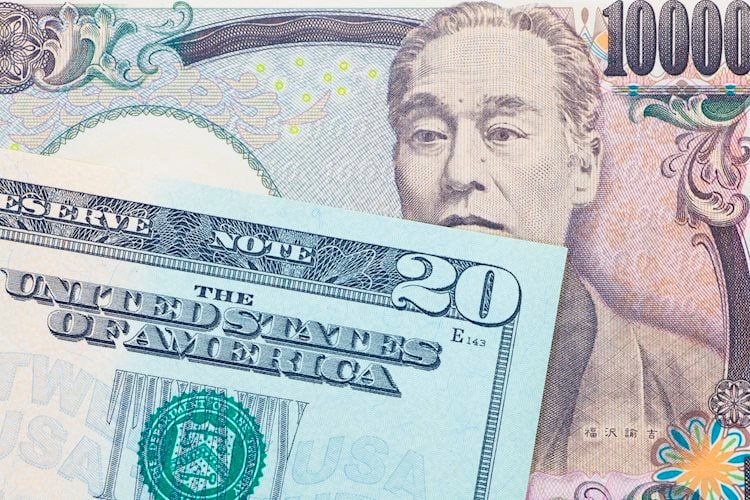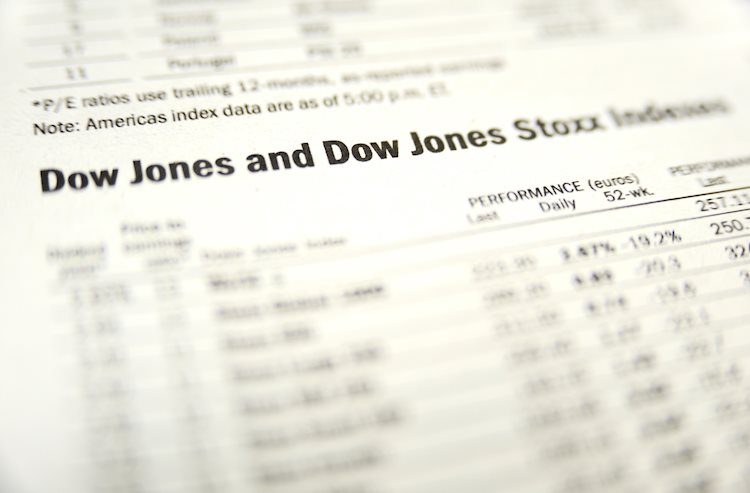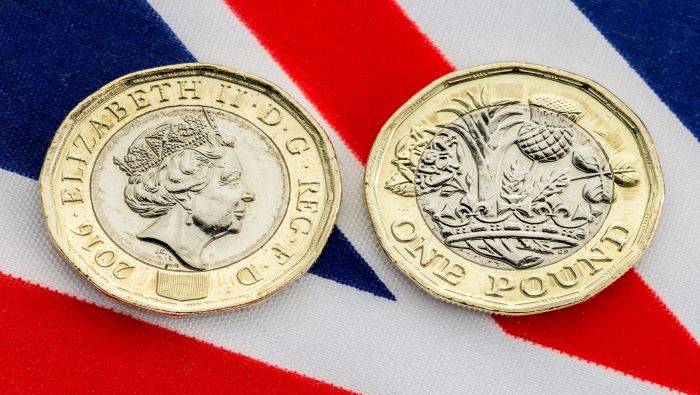The Japanese yen was by far the worst-performing major currency in the first half of 2021, losing 7% against the US dollar. According to CIBC economists, the Bank of Japan’s (BoJ) monetary policy will remain lax for a long time as the economy remains weak, resulting in yen depreciation.
“COVID-19 emergency restrictions were extended, causing the economy to enter an H1 recession. Furthermore, the absence of activity has been shown to have long-term deflationary effects. As a result, monetary policy in the United States will stay loose for a long time after fiscal year 2023.”
“Nonetheless, following a dismal first quarter, the outlook for the second quarter appears to be brighter. The current quarterly business survey (Tankan) found high levels of manufacturing confidence, which had not been seen since the end of 2018, as well as a significant increase in capital investment estimates. Following a modest 3% increase in Q1, spending is now predicted to rise by 5% in Q2 “y 9.6 percent y y y y y y y y
“Domestic headwinds suggest that the expected comeback in H2 may be a little lower than anticipated. While increased capex and the likelihood of a cheap JPY enhancing profits is promising, there is little to detract from the forecast of a long period of policy stasis, which will keep the USD/JPY well supported.”/n





